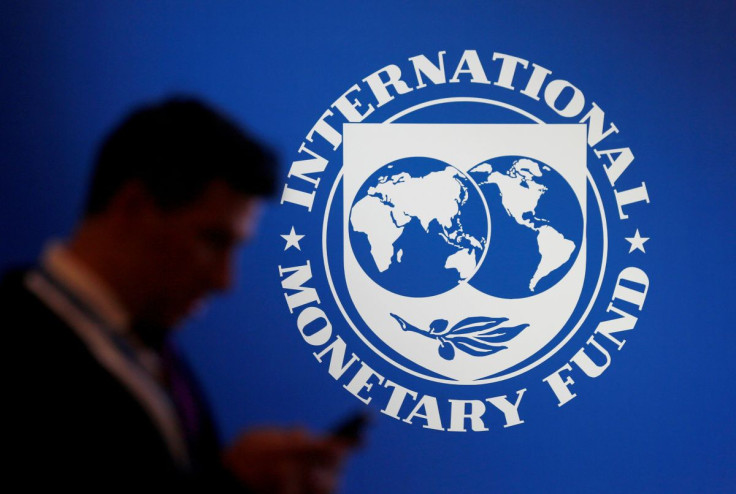IMF Warns Australia Of Rising Inflation Risks, Urges Government To Cut Spending

The International Monetary Fund (IMF) has cautioned Australia that government inflation can spiral out of control unless the government reins in its spending.
The warning opposes Treasurer Jim Chalmers' assertion that government policing isn't fuelling price pressures.
In his budget speech 2023-24, Chalmers attributed Australia's better-than-expected result to lower government spending, noting that although inflation was decreasing, it was still a challenge and that his goals were to strike a balance between cost-of-living relief, economic growth, and fortifying public finances.
Chalmers' argument that rising spending wasn't causing inflation was set to come under scrutiny, as despite the relaxation of global monetary policy, Australia was finding it difficult to maintain prices within the Reserve Bank's target range of 2-3%.
The IMF noted in its statement that the Australian economy will likely experience a moderate slowdown in 2024, with a growth rate of 1.2%. The scenario will probably improve in 2025, with the growth rate jumping to 2.1% straight.
It greenlighted the Reserve Bank of Australia's (RBA) decision to maintain interest rates at a 12-year high of 4.35%, contradicting the Federal Reserve's last month's half-percentage point rate cut, Bloomberg reported.
"The still persistent inflation and emerging upside risks emphasize the importance of a tight monetary stance until the inflation outlook sustainably aligns with the target range," it said. "The government's primary focus is to get on top of our inflation challenge without ignoring the risks to growth," he said in a statement. "Our approach is all about easing the cost of living and fighting inflation at the same time as we lay the foundations for a stronger economy for the future."
© Copyright 2025 IBTimes AU. All rights reserved.





















